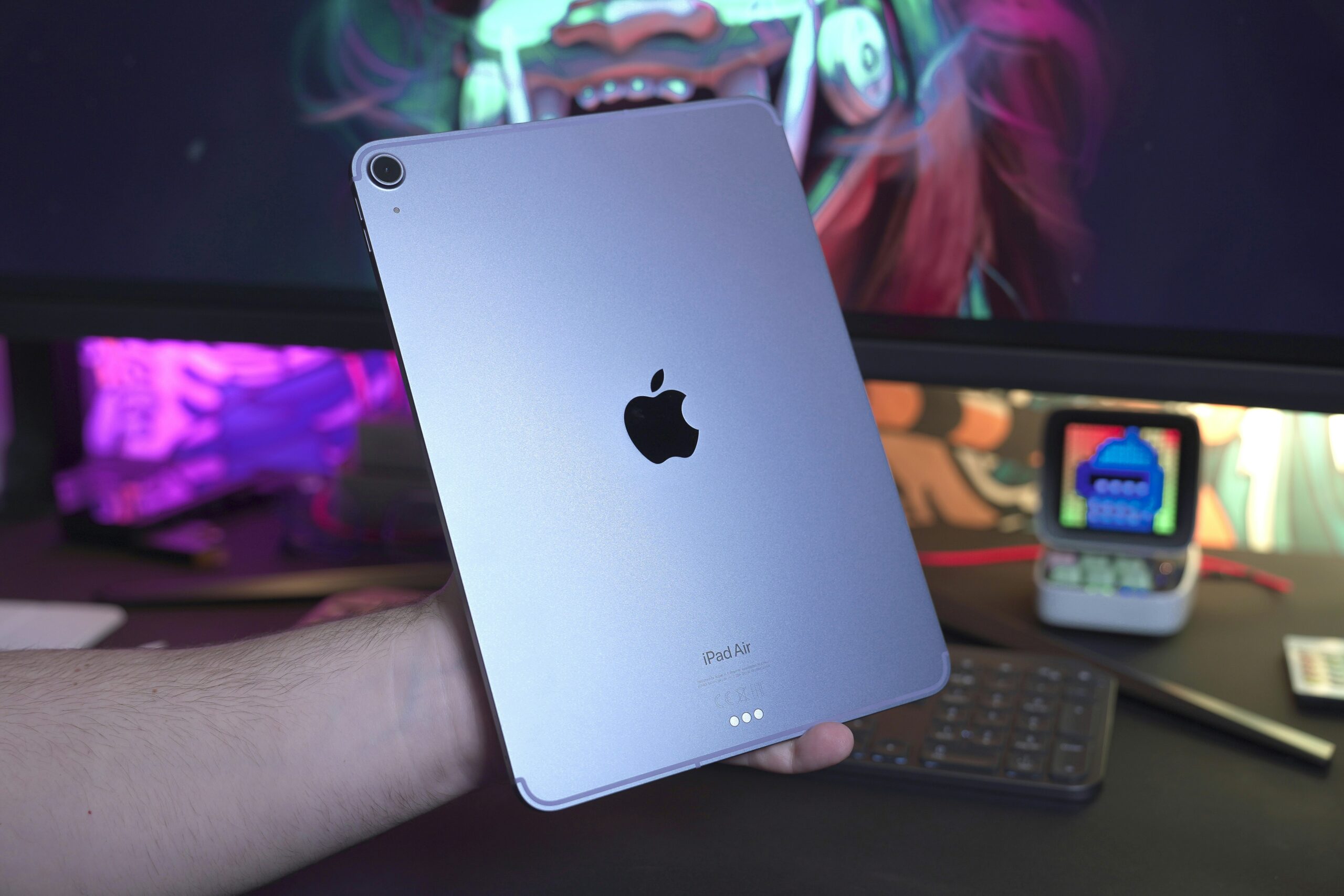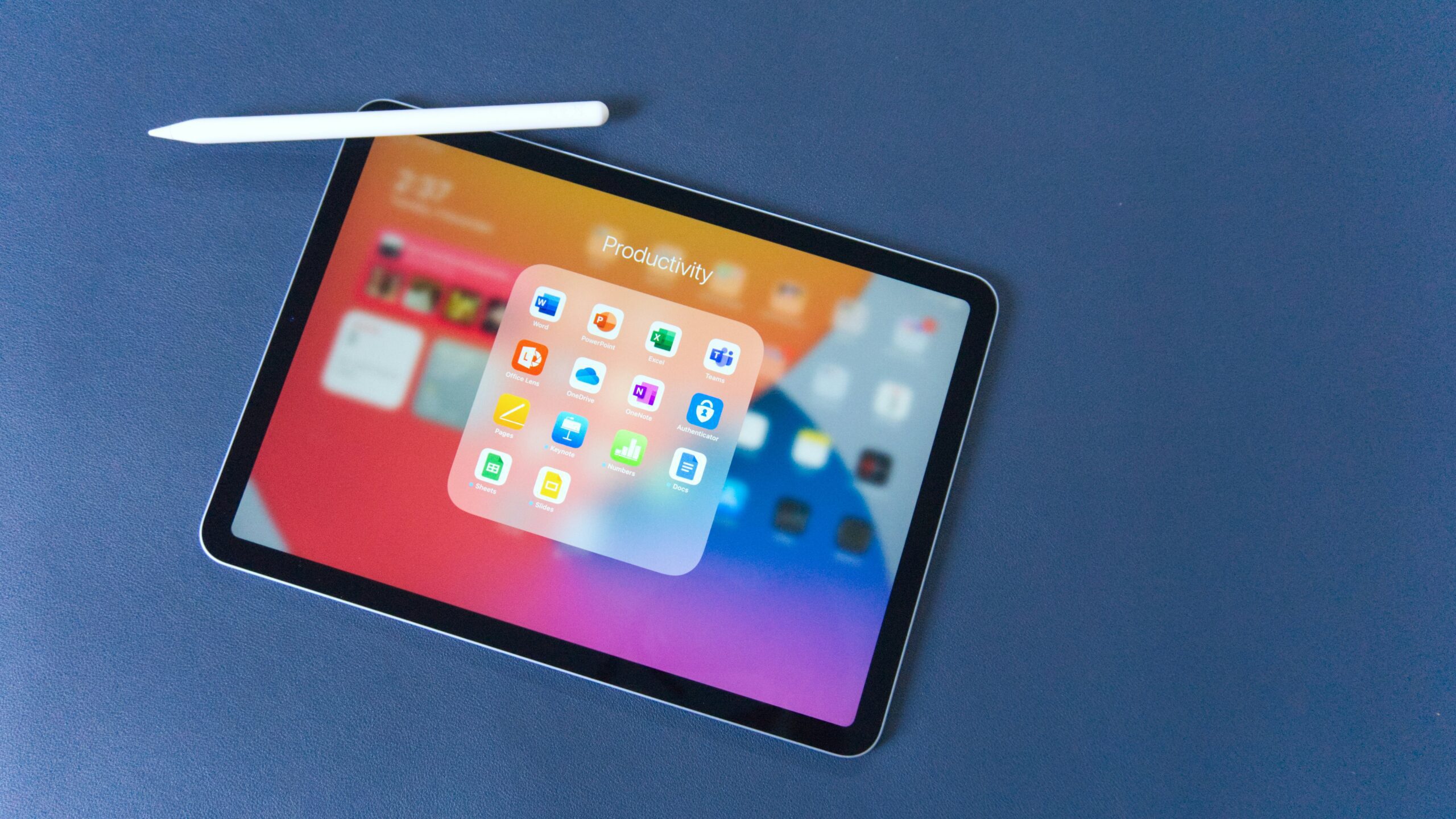Are you ready to dive into the exciting world of tablet technology? From their humble beginnings to cutting-edge innovations, tablets have come a long way in revolutionizing how we work, play, and connect with the world around us. Join us on this journey as we explore the latest trends, features, and practical uses of tablets that are shaping our digital future. Whether you’re a tech enthusiast or simply curious about what’s next in the world of gadgets, this blog post is your ultimate guide to all things tablet-related. Let’s get started!
Evolution of Tablets: From Early Models to Modern Innovations
The evolution of tablets traces back to the early 2000s when devices like the Microsoft Tablet PC and Palm Pilot paved the way for a new era of portable computing. These early models featured stylus input and basic functionality, setting the stage for future advancements in tablet technology.
As time progressed, companies like Apple entered the scene with game-changing innovations such as the iPad, which popularized touch-screen interfaces and app ecosystems. This marked a significant shift towards more intuitive and user-friendly tablet designs that catered to a wider audience.
Today, modern tablets boast sleek designs, high-resolution displays, powerful processors, and advanced features like facial recognition and multitasking capabilities. With options ranging from budget-friendly models to premium devices with cutting-edge specs, consumers have more choices than ever before when it comes to selecting a tablet that suits their needs.
Current Trends in Tablet Technology
As we dive into the world of tablet technology, it’s fascinating to see the current trends shaping the industry. One significant trend is the increasing demand for larger display sizes, catering to users who prioritize screen real estate for multitasking and entertainment.
Moreover, tablets are becoming more powerful than ever before, with advanced processors and increased RAM capacity enabling seamless performance for demanding tasks such as gaming and content creation. Additionally, manufacturers are focusing on enhancing the audio-visual experience by incorporating high-quality speakers and vibrant displays with higher refresh rates.
Another notable trend is the integration of AI features in tablets, offering personalized user experiences through voice assistants and smart gestures. Furthermore, there is a growing emphasis on portability and connectivity, with 5G support becoming increasingly common in modern tablet models.
In essence, these current trends reflect an exciting evolution in tablet technology that caters to diverse user needs while pushing boundaries in terms of performance and functionality.
Revolutionary Features of the Latest Tablets
Tablets have come a long way since their inception, with the latest models boasting revolutionary features that are changing the game. One of these features is facial recognition technology, allowing users to unlock their tablets securely with just a glance.
Another cutting-edge feature is the integration of artificial intelligence, making tablets smarter and more intuitive in assisting users with tasks and organization. Furthermore, advancements in stylus technology have made it possible for users to write and draw on tablets with precision and fluidity akin to pen and paper.
Moreover, improved battery life in the latest tablets ensures longer usage without constant recharging interruptions. Additionally, enhanced display technologies such as OLED screens provide vibrant colors and sharp details for an immersive viewing experience.
The innovative features found in the latest tablets are setting new standards for convenience, functionality, and user experience across various industries.
Comparison of Popular Tablet Brands and Models
When it comes to popular tablet brands and models, there is no shortage of options on the market. Each brand offers its own unique features and specifications, catering to different preferences and needs.
Apple’s iPad series has long been a frontrunner in the tablet industry, known for its sleek design, high-quality display, and user-friendly interface. On the other hand, Samsung’s Galaxy Tab lineup boasts impressive performance capabilities and seamless integration with other devices.
Microsoft Surface tablets stand out for their productivity-focused design, equipped with full Windows operating systems and detachable keyboards for enhanced functionality. Meanwhile, Amazon Fire tablets offer budget-friendly options without compromising on performance or durability.
Each brand brings something distinct to the table, making it essential for consumers to weigh their priorities when choosing a tablet that best suits their lifestyle and requirements.
Practical Uses of Tablets in Various Industries
Tablets have become indispensable tools in various industries, revolutionizing the way businesses operate. In healthcare, tablets are used for patient monitoring and accessing medical records on-the-go, improving efficiency and patient care.
In education, tablets provide interactive learning experiences through educational apps and digital textbooks, enhancing student engagement and understanding. Furthermore, in retail, tablets streamline the checkout process and facilitate inventory management tasks seamlessly.
The hospitality industry utilizes tablets for check-in services at hotels or restaurants to enhance customer experience. Additionally, in construction and architecture sectors, tablets are used for project management tasks like blueprints viewing and collaboration among team members.
Moreover, in the field of entertainment and media production, tablets serve as creative tools for editing videos or designing graphics on-the-fly. Overall,
tablets continue to find new applications across diverse industries due to their versatility
and convenience.
The Future of Tablet Technology: Predictions and Expectations
As we look ahead to the future of tablet technology, one thing is certain – the possibilities are endless. With advancements in AI, augmented reality, and foldable displays on the horizon, tablets are set to become even more versatile and powerful tools for both personal and professional use.
We can expect to see tablets with faster processors, longer battery life, improved cameras, and enhanced connectivity options. The integration of 5G technology will revolutionize how we use tablets on-the-go, opening up new opportunities for productivity and entertainment.
Moreover, as artificial intelligence continues to evolve, we may see smarter tablets that can anticipate our needs and adapt to our preferences seamlessly. This could lead to a more intuitive user experience that enhances efficiency and convenience.
In terms of design, foldable displays are likely to become mainstream in the tablet market. This innovation will provide users with larger screen real estate while maintaining portability – a game-changer for multitasking and creative work on-the-fly.
The future of tablet technology looks promising as manufacturers continue to push boundaries and redefine what these devices are capable of. So buckle up for an exciting ride into tomorrow’s world of cutting-edge tablet innovations!















